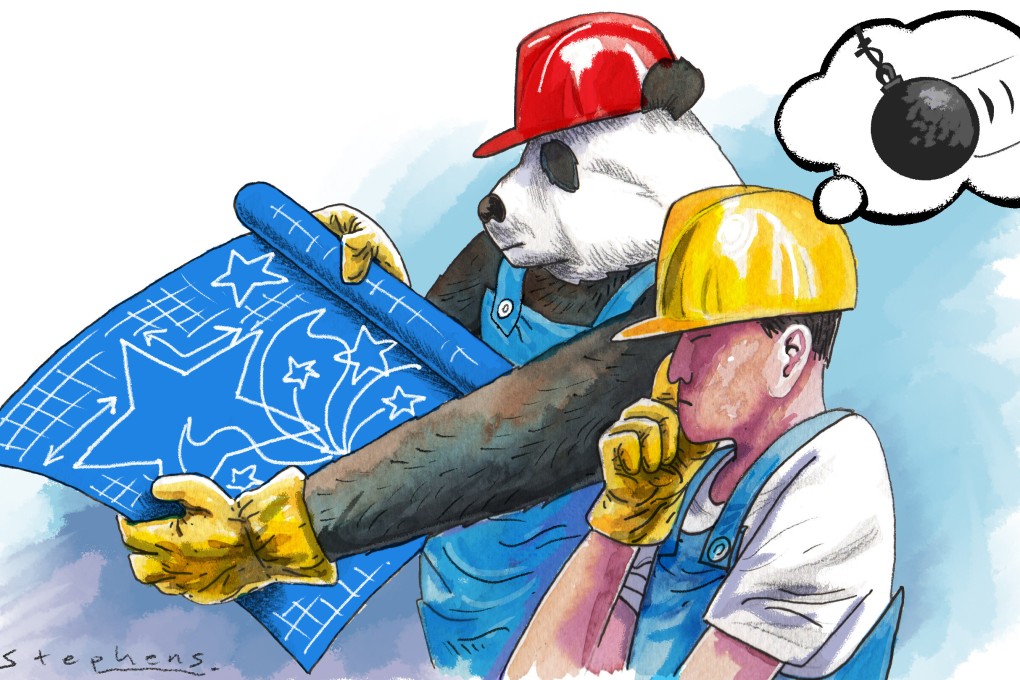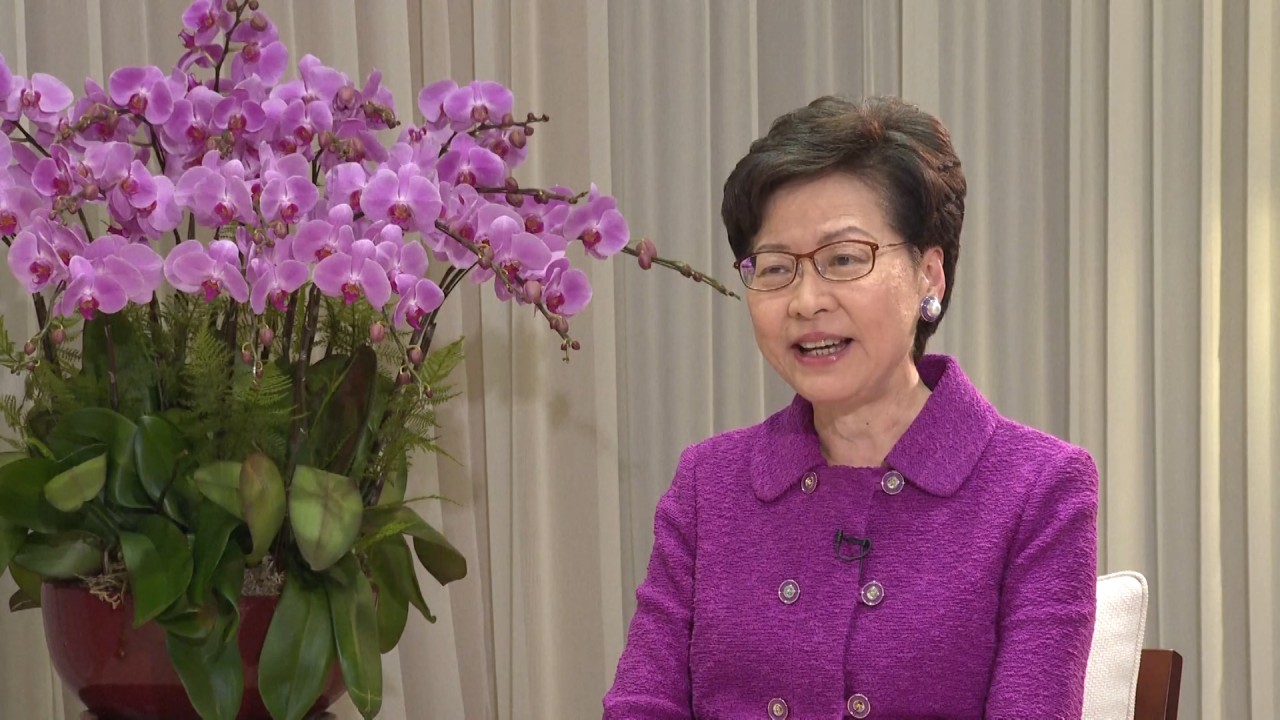Advertisement
Opinion | Hong Kong election reform: Beijing is demanding loyalty because trust is lacking
- Hong Kong’s pursuit of democracy has ended up in this sorry state because the opposition failed to build trust with Beijing
- Only when loyalty is not in dispute can Hong Kong create a space for democratic experiments
Reading Time:4 minutes
Why you can trust SCMP
54

Has 2047 arrived early for Hong Kong’s electoral politics? Having created functional constituencies to ensure safe hands would dominate the Legislative Council in the final years of British rule, the departing colonial authorities opened a few seats to direct election and infused the legislature with a sense of importance, such as by introducing governor’s question time.
Beijing was willing to let Hong Kong experiment with elections then. It assumed that by 2007, a decade after the transition, Hong Kong people would have become used to Chinese sovereignty, and national security would have been assured through the passage of Article 23 of the Basic Law, which required Hong Kong to pass legislation to prohibit treason, secession, subversion, theft of state secrets and ties with foreign political bodies.
The mass protests against Article 23 in 2003 set the stage for the fraught relationship between Beijing and Hong Kong. While Beijing focused on Hong Kong’s unwillingness to pass Article 23, Hong Kong wanted democracy without addressing Beijing’s national security concerns.
The first political earthquake was the Basic Law interpretation in 2004, without prior announcement, which ruled out further electoral advances for the 2007 chief executive and 2008 Legco polls, and pushed the next opportunity to the 2017 chief executive election. In Beijing’s view, Hong Kong was not yet ready for universal suffrage.
The issue of national security never went away. It cropped up from time to time and the discussion was tied to loyalty – or “patriotism”. Notwithstanding Beijing’s concerns, it offered in 2014 that the chief executive be elected by universal suffrage in 2017 upon nomination by a committee.
There could be two to three candidates and they must “love the country and love Hong Kong”. In other words, there has to be a vetting process to ensure candidates’ loyalty in the sense that they support Chinese sovereignty and would not confront the central authorities. Beyond that, the candidates could have very different policy leanings.
Advertisement

